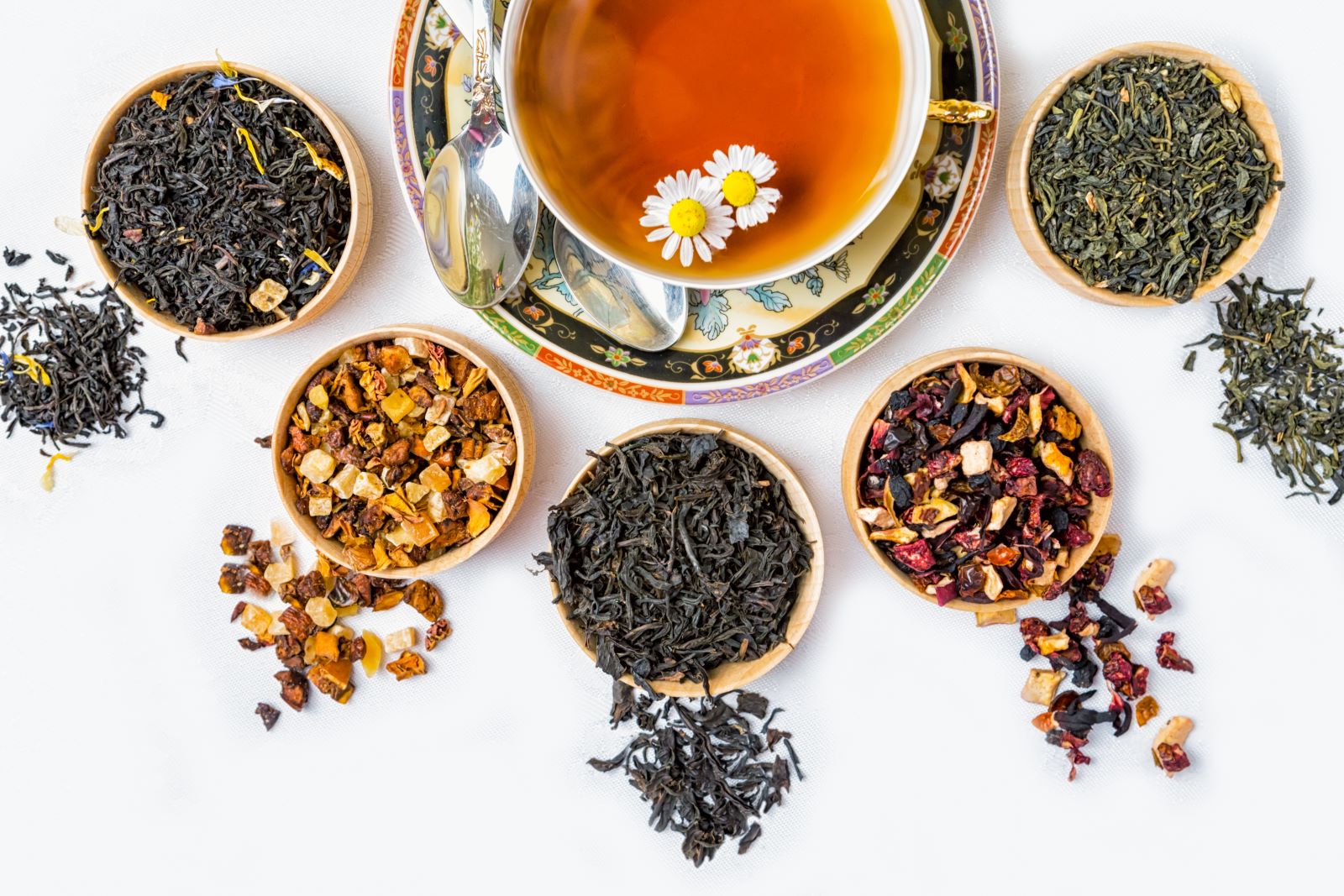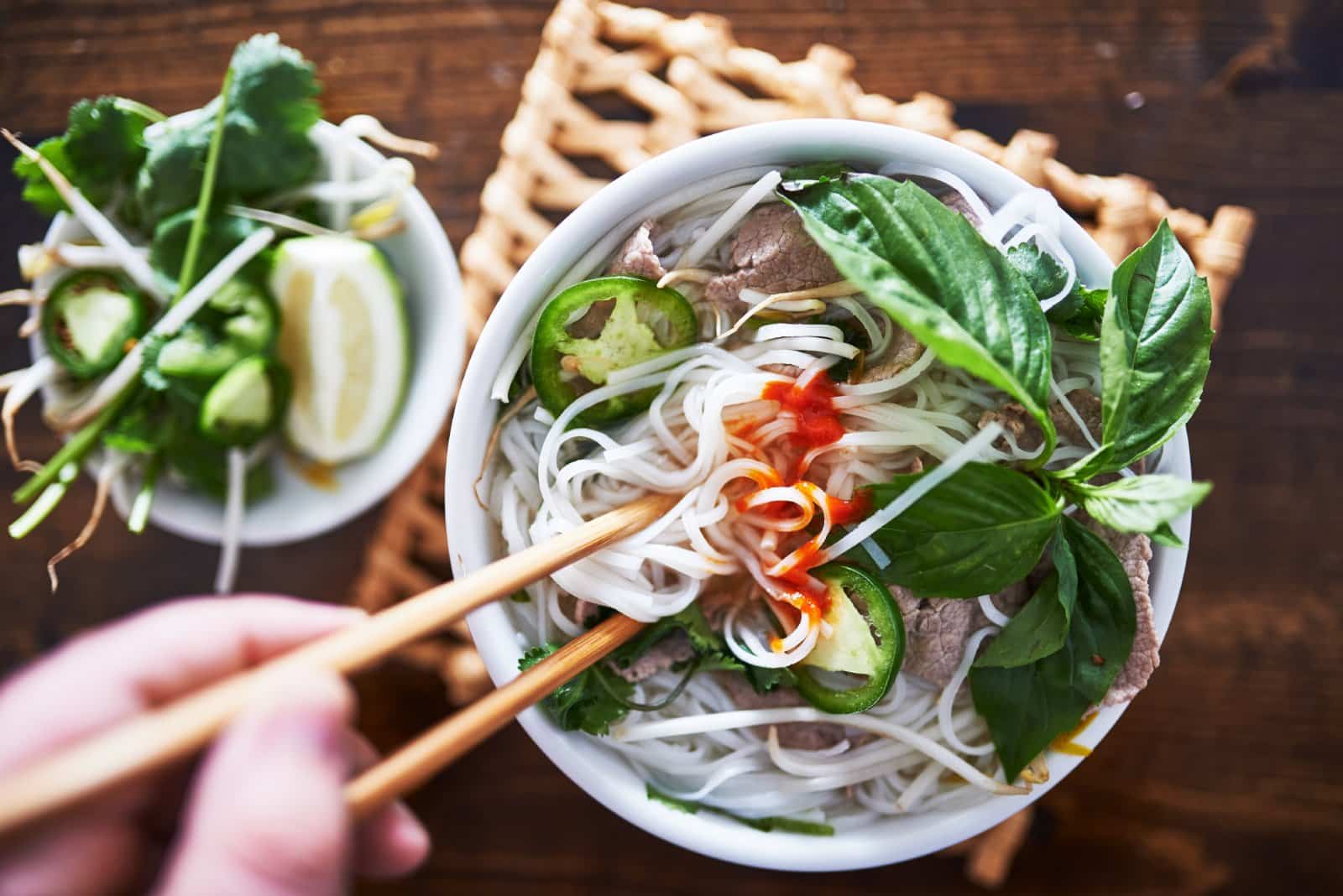Thrive Neurodiversely: 20 Self-Care Tips for a Harmonious Life
Self-care is crucial for maintaining a balanced life, especially for neurodiverse adults who may face unique challenges. Are you ready to discover strategies that can help you lead a healthier and more fulfilling life?
1. Practice Mindfulness and Meditation

Mindfulness and meditation can help reduce stress and improve focus. Research shows that these practices can enhance emotional regulation and mental clarity.
2. Engage in Regular Physical Exercise

Regular physical exercise boosts mood and overall well-being. Studies indicate that exercise can help reduce symptoms of anxiety and depression in neurodiverse individuals.
3. Follow a Balanced Diet

Eating a balanced diet rich in fruits, vegetables, and whole grains supports cognitive function. Research highlights the link between nutrition and mental health.
4. Establish a Consistent Sleep Routine

A consistent sleep routine is essential for mental and physical health. Proper sleep can improve attention and reduce hyperactivity.
5. Set Clear Boundaries

Setting clear boundaries helps prevent burnout and manage stress. Maintaining boundaries can improve mental health and productivity.
6. Use Organizational Tools

Organizational tools like planners and apps can help manage daily tasks. These tools can improve time management and reduce stress.
7. Create a Sensory-Friendly Space

Designing a sensory-friendly space can provide a refuge from overstimulation. Such spaces can improve comfort and concentration.
8. Practice Deep Breathing Exercises

Deep breathing exercises can help calm the mind and reduce anxiety. These exercises are effective for stress relief.
9. Stay Hydrated

Staying hydrated is crucial for optimal brain function. Research shows that dehydration can impair cognitive performance and mood.
10. Engage in Creative Activities

Creative activities like drawing, writing, or playing music can be therapeutic. Creative expression can improve emotional well-being.
11. Take Regular Breaks

Taking regular breaks during work or study sessions helps maintain focus and prevent fatigue. The benefits of short, frequent breaks are well-documented.
12. Seek Professional Support

Professional support from therapists or counselors can provide valuable coping strategies. Professional guidance is important in managing mental health.
13. Limit Screen Time

Limiting screen time can reduce overstimulation and improve sleep quality. Excessive screen time is linked to increased anxiety and depression.
14. Practice Gratitude

Practicing gratitude can improve overall happiness and reduce stress. Gratitude exercises can shift focus to positive aspects of life.
15. Develop a Hobby

Developing a hobby can provide a sense of achievement and relaxation. Hobbies can offer a productive way to spend free time.
16. Connect with Others

Maintaining social connections can provide emotional support and reduce feelings of isolation. Building a supportive network is beneficial for mental health.
17. Engage in Physical Relaxation Techniques

Techniques such as yoga or progressive muscle relaxation can reduce physical tension and stress. These practices can improve overall well-being.
18. Prioritize Self-Compassion

Being kind to yourself and practicing self-compassion can improve mental health. Accepting imperfections and treating yourself with kindness is crucial.
19. Spend Time in Nature

Spending time in nature can boost mood and reduce stress. Nature therapy can provide a calming effect and improve mental clarity.
20. Monitor and Adjust Self-Care Strategies

Regularly monitor and adjust your self-care strategies to see what works best for you. Personalized self-care practices are key to maintaining a balanced life.
Ready to Prioritize Your Self-Care?

By implementing these strategies, you can create a balanced and supportive environment for yourself. What self-care tips will you try first to improve your well-being?
Not All Tea Is Good for You: List of Teas to Avoid and to Stick To

Not all teas are healthy and some might actually harm your health with poor ingredients. But how can you tell the good from the bad? This guide aims to help you make informed choices without turning you into a tea expert overnight. Not All Tea Is Good for You: List of Teas to Avoid and to Stick To
America’s Spiritual Revolution: Turning Away from Christianity to Embrace Alternatives

As church attendance declines, Americans are exploring diverse spiritual paths, from stargazing druids to unconventional deities like Wi-Fi gods and extraterrestrials. Explore the quirky and sometimes controversial new religions capturing attention as people seek meaning beyond traditional Christianity. America’s Spiritual Revolution: Turning Away from Christianity to Embrace Alternatives
25 Must-Try Global Delicacies

From Bangkok’s bustling streets to Parisian cafes, every corner of the world offers something special for your taste buds. And you don’t have to travel far; even in the USA, you can find a world of flavors. Here are 25 global delicacies every foodie should try, including some local favorites! 25 Must-Try Global Delicacies
Featured Image Credit: Pexels / Jadson Thomas.
For transparency, this content was partly developed with AI assistance and carefully curated by an experienced editor to be informative and ensure accuracy.






